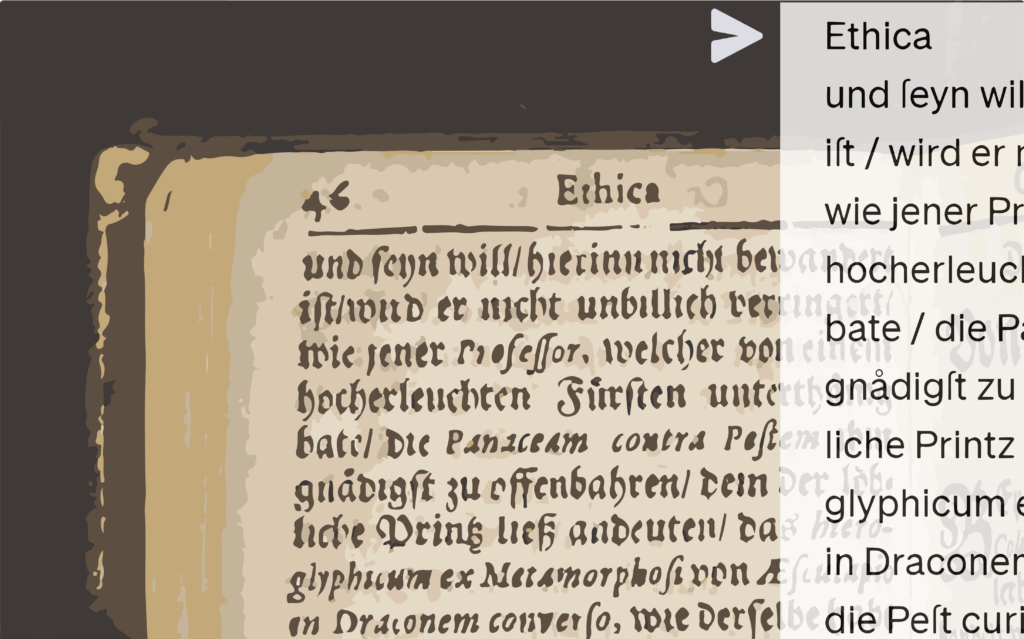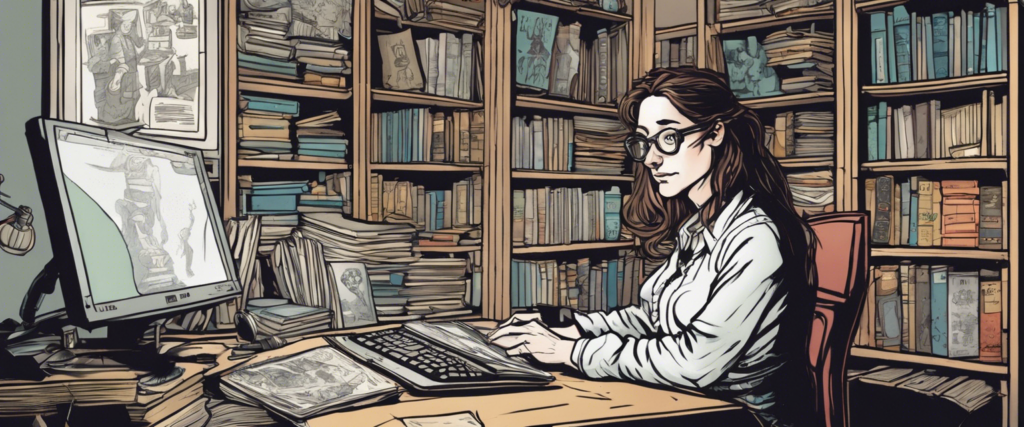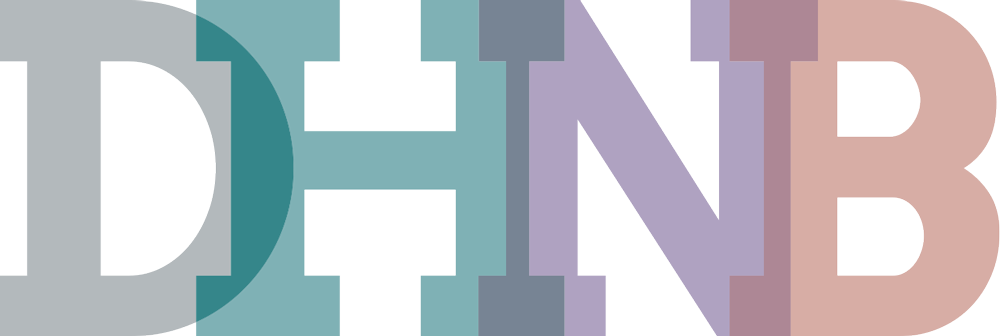“Vom Nutzen der Editionen” – 15. Internationale Tagung der Arbeitsgemeinschaft für germanistische Edition. RWTH Aachen University, February 19–22, 2014
Two weeks ago I attended the 15th biennial conference of the German Association for Scholarly Editing (AG-Edition). This time, the biennial event was held at the RWTH Aachen University, Germany and hosted by the department of German and literary studies and its head of department, Thomas Bein. The topic – On the Uses of Editions – couldn’t have been more up to date. It was received broadly and transdisciplinary with almost 60 long and short paper presentations ranging roughly from the early middle ages to contemporary German literature, from musical performance practices to DADA art, from contemporary Austrian theatrical productions to early 20th century film. The focus was, at least in most of the presentations, strongly on the uses (Nutzen) of editions, while the concept of edition was quite broad, iridescing between facsimlia, historical-critical or genetic scholary editions, and multimedia archives. The conference was accompanied by committee meetings and the biennial general assembly of the association.
My impression was, that a lot of the presentations dealt with medieval literature and song or with music (in the form of musical notation, manuscripts, musical and literary remains of musicians). I was pleasantly surprised by the number of digital edition projects I learned of, although there are still – prestigious – large scale scholarly editions that are entirely analogue (e.g. Ödön von Horváth・Wiener Ausgabe sämtlicher Werke) or even so called Studienausgaben (study edition, e.g. Walther von der Vogelweide・Leich, Lieder, Sangsprüche ) that are to be used (and bought) by students for class room use.
There were also a few presentations discussing the topic more generally or contribution to the contemporary discourse of German scholarly editing detached from the conference theme. One of them being the anticipated round-table on normalisation (Normalisierung) which turned out to be a pointless round of short, not interconnected statements by 9 people that stimulated no discussion and had no results whatsoever. If remember the event correctly, the issue was how to give reasons (or justify) normalisation as the single mode of an editorial representation of a historical text. While nowadays editors refrain from normalisation (more so when dealing with post-Lessing literary texts, not so much when editing medieval and early modern texts), it was the standard from of editing medieval, early modern and even modern texts until the mid 20th century. All non-philologists, incl. students and so-called lay-readers, are very much in favour of normalisation because historical texts are this way easier to read and understand. I would argue that normalisation can be quite useful in a number of ways and should thus be also included in an edition. Now, if you only do an analogue (printed) edition with a private publishing house that wants to make money with your scholarly work, than it is more than often impossible to provide both, the diplomatic, historical-critical edited text and the normalised, reader-friendly texts. What, in my view, is a strong argument to opt for digital editions where normalisation is on of many transformations either the editor or the user can do to create the edited text she wants (to be used / to read) from the basic diplomatic encoding.
I was very much looking forward to a paper presentation by Rüdiger Nutt-Kofoth on how scholarly editions are used for literary criticism. Guessing by the subtitle of his paper, he did a quantitative & qualitative survey of interpretations published in journals. Unfortunately, this paper was presented in a parallel session at the same time I presented mine and I still don’t know how and if editions are actually used by those they are made for! I also missed the paper by Winfried Woesler on (scholarly) editions for non-native speaking students, which is especially interesting and relevant for someone who works as an Auslandsgermanistin (German studies researcher and teacher in non-German-speaking countries, phew!). We do teach students German language, literature, and culture, but the historical-critical editions aside: what kind of edition is really useful for both, teacher and student? (normalisation!) And what parts of editions are more useful than others? (commentaries, lexigraphic and historical annotations!).
I also missed two other interesting sounding papers, one by Bodo Plachta titled “Editionsreihen – Konzepte und Ziele einer Editionsform des 19. Jahrhunderts” (“Series – concepts and aims of a mode of editing in the 19th century”) and one by Gabriele Wix about competing editions, a topic I will also deal with in my doctoral dissertation.
I conclude this brief personal summary of the conference by summing up the other papers by keyword. With 3 parallel sessions each day and a lot of networking and catching up with people and projects, it was just not possible to be everywhere and listen to everything. – However, here’s what other presentations were about:
- the role of private publishing houses in scholarly editing
- how to exhibit an edition (Georg Büchner. Marburger Ausgabe)
- difficulties in editing and re-editing and translating editions of Ingeborg Bachmann
- what does a professional musical performer want from a historical-critical music edition
- Frank Castorf bawls bits and pieces of Ödön von Horváth’s plays at stage actors
- Theodor W. Adorno will be scholarly edited
- Friedrich Kittler, too
- letters and correspondences (how to edit, transcribe, interrelate and draw fancy network graphs) by Ludwig von Ficker, August Wilhelm Schlegel, Klaus Mann, Theodor Fontane
- translations of editions: for who, and why
- a lot of medieval stuff: St. Anselmi Fragen an Maria, Des Minnesangs Frühling, Oswald von Wolkenstein (the one-eyed singer-songwriter), Thomasius von Zerklaere, old cooking books, the real epic Erec, more medieval songs (Rostocker Liederbuch), and medicinal textbooks (by Heinrich von Pfalzpaint)
- theory of editing librettos
- why not edit authors no one remembers?
- music editions: Carl Maria von Weber (several times), Ludwig van Beethoven, 18th century Opéra comique, Georg Philipp Telemann
- the digital hybrid edition of Theodor Fontane’s notebooks
- the digital hybrid edition of Johann Wolfgang von Goethe’s Faust
- other edition projects (analogue): Kurt Schwitters, Robert Walser, Wolfgang Koeppen
And last: I spoke about critical reviews of scholarly editions and how to remodel them into something more useful, e.g. a user record. I will write more about this, later.


